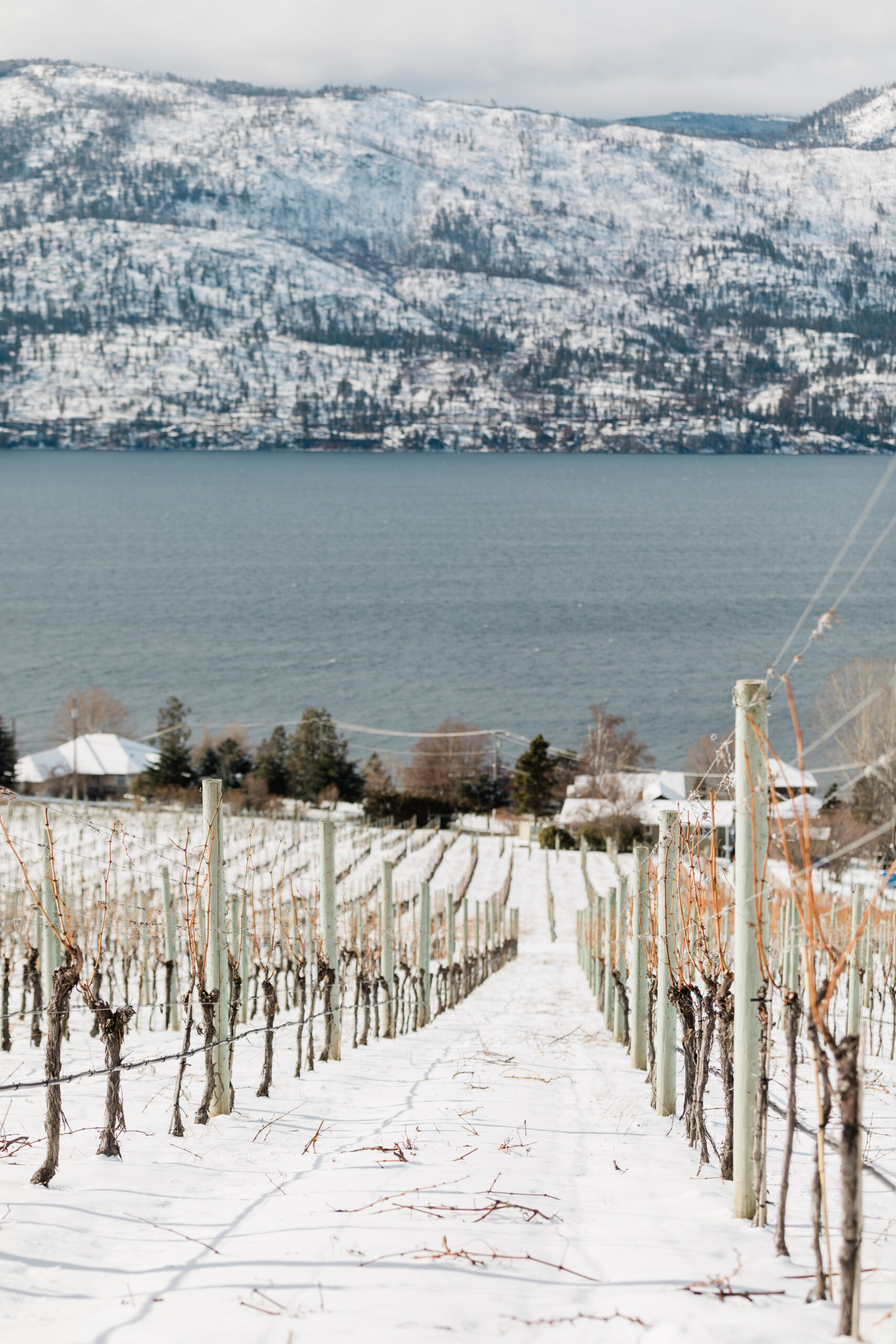
Wine Culture Magazine

Photo courtesy of Wine Growers of British Columbia
For months now, we’ve been hearing rumours about devastating winter kill in B.C.’s wine-growing regions. And now, tragically, the worst speculation has been confirmed.
On Thursday, Wine Growers British Columbia issued a press release that outlines just how bad the situation is and places the blame firmly on one clear culprit.
“BC’s wine grape crop devastated by recent climate change disaster,” read the headline.
It all relates to a sudden plunge in temperatures last December, when the mercury dropped to minus 30°C in the Okanagan and Similkameen valleys. “Initial forecasts following the freeze event showed a potential crop reduction of 39 to 56 per cent. Following budbreak, our industry-wide research concluded that our worst fears were realized with a 54 per cent reduction in 2023 and 45 per cent of total planted acreage suffering long-term irreparable damage,” Miles Prodan, president and CEO of WGBC, said in the release.
Although the damage was widespread throughout the province’s geographical indications, the areas hit the worst were the south Okanagan, Similkameen and Kelowna, each showing potential losses of 60 per cent or more. And red wine lovers have even more reason to mourn, because the grapes that suffered the most were Syrah, Merlot and Cabernet Sauvignon, with projected losses of more than 65 per cent.
This is bad news for the 2023 vintage, of course, but even worse is how much long-term damage was done. WGBC is estimating that 29 per cent of total acreage will need to be replanted.
That means an estimated direct loss of $133 million in revenue and more than $200 million in indirect revenue loss to supplies, retailers, restaurants and other businesses that rely on B.C. wine. It also means a 20 per cent reduction of vineyard and winery employment, a loss of some 381 full-time jobs.
Worse, all of this falls after several years where the wine industry was already affected by intense heat, floods and smoke from wildfires, not to mention the pandemic and resultant loss in tourism, supply chain issues, rising prices and all the other related ills of the last three years.
Most of all, it underscores that climate change is an issue that will need to be tackled seriously if we want our wine industry to survive.
To read the full report on the winter bud damage, click here. For more information about Wine Growers British Columbia, visit the Media page at WineBC.com.

Joanne Sasvari is editor of Vitis and The Alchemist magazines. She also writes about food and drink for WestJet and Vancouver Sun, and is author of the Wickaninnish and Vancouver Eats cookbooks.

Joanne Sasvari is editor of Vitis and The Alchemist magazines. She also writes about food and drink for WestJet and Vancouver Sun, and is author of the Wickaninnish and Vancouver Eats cookbooks.
@ Vitis Magazine